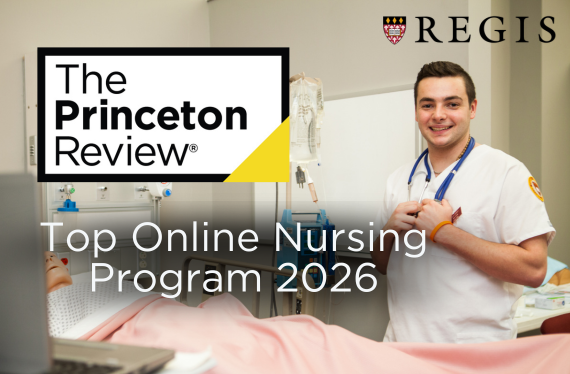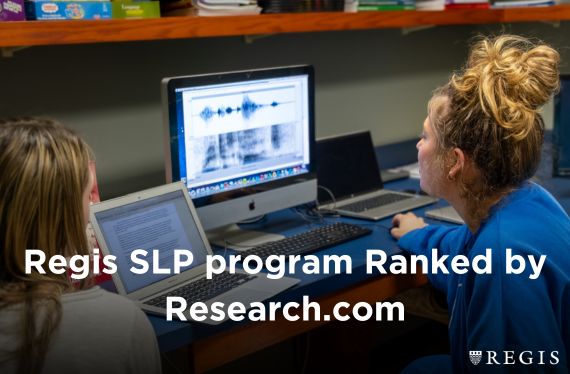In a recent panel titled “How to Design Learning for Student Success” hosted by The Chronicle of Higher Education, Ericka T. Hollis, PhD, assistant provost for academic innovation and faculty development at Regis College, highlighted the university’s work to enhance online learning at scale by using analytics to improve student learning outcomes. The virtual panel discussion gathered leaders from across higher education to discuss various ways – both formal and informal – to effectively engage students in the creation and use of high-impact pedagogy.
"We know that students are most motivated when they understand the purpose of assignments and activities, and are involved in the process,” said Hollis. “Combining this level of transparency with the learning analytics data helps us to see where students are excelling or struggling, enabling us to continually improve our curriculum."
In collaboration with the Pearson Learning Design Solutions team, Regis has been using data analytics to monitor progress by student, course, and learning outcome. Each online course has a map of all the assignments, and assessments are then further broken down by each module. This course map essentially feeds into a program assessment plan, and these maps help to design a specific student experience.
Hollis, as well as the school deans and program directors, can look at the data and see how students are performing across the board. If the team notices that students are not performing well in one program, they will examine the analytics and create a plan to remedy it by talking to the professor and going back to the instructional design team.
“Using data, we can make adjustments that are scientifically based, rather than taking our best guess at what needs to be adjusted to improve student learning outcomes,” said Hollis.
Regis is currently using learning analytics in four online programs: Master of Health Administration (MHA), Master of Public Health (MPH), Master of Science in Applied Behavior Analysis (ABA), and Master of Social Work (MSW). The university plans to expand the program to the Marshall M. Sloane School of Business and Communication in the fall.


